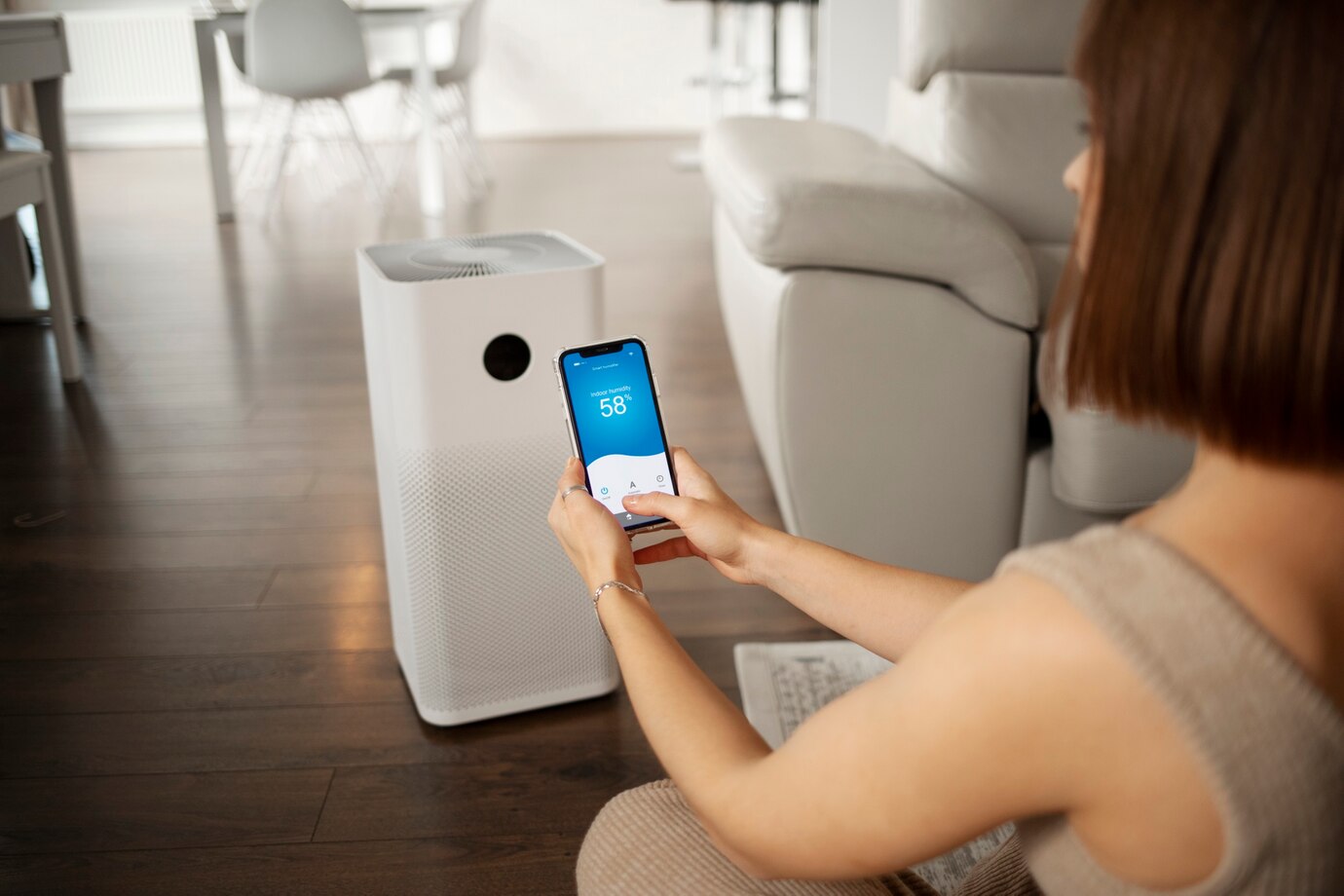In today’s world, where environmental sustainability and cost savings are increasingly important, energy-efficient home trends have gained significant traction. By implementing energy-saving measures, homeowners can not only reduce their carbon footprint but also lower utility bills and save money in the long run. In this article, we’ll explore some of the top energy-efficient home trends that can help you achieve significant savings while contributing to a greener planet.
Smart Thermostats:
Smart thermostats are revolutionizing home heating and cooling systems by providing precise control and automation capabilities. These devices learn your temperature preferences and adjust settings to optimize energy usage based on your schedule and occupancy patterns. By reducing unnecessary heating and cooling, smart thermostats can help lower energy consumption and save money on utility bills.
LED Lighting:
LED (light-emitting diode) lighting has become the go-to choice for energy-efficient illumination in modern homes. Compared to traditional incandescent bulbs, LED lights consume significantly less energy and last much longer, reducing both electricity usage and replacement costs. By replacing outdated light fixtures with energy-efficient LED bulbs, homeowners can enjoy improved lighting quality while cutting down on energy expenses.
Energy-Efficient Appliances:
Upgrading to energy-efficient appliances, such as refrigerators, dishwashers, washing machines, and water heaters, can lead to substantial energy savings over time. Look for appliances with ENERGY STAR certification, which indicates that they meet strict energy efficiency criteria set by the U.S. Environmental Protection Agency. While the upfront cost may be higher, the long-term savings on energy bills make these investments worthwhile.
Solar Panels:
Solar energy systems have emerged as a popular choice for homeowners seeking to harness renewable energy and reduce reliance on traditional utility providers. By installing solar panels on your roof or property, you can generate clean electricity from sunlight and potentially offset a significant portion of your energy consumption. While the initial investment may be substantial, solar panels offer long-term savings and may even generate income through net metering programs.
Energy-Efficient Windows and Insulation:
Improving the insulation and sealing of your home’s windows and doors can enhance energy efficiency and reduce heating and cooling costs. Energy-efficient windows with low-emissivity (low-E) coatings and insulated frames help prevent heat transfer and maintain indoor temperatures, reducing the need for heating and air conditioning. Additionally, upgrading insulation in walls, floors, and attics can further enhance thermal performance and energy savings.
Water Conservation Fixtures:
Installing water-saving fixtures and appliances, such as low-flow faucets, showerheads, and toilets, can significantly reduce water consumption and lower utility bills. These fixtures use innovative technology to maintain water pressure while minimizing water usage, helping homeowners save money on both water and energy bills.
Home Energy Audits:
Conducting a home energy audit is an essential step in identifying areas of energy waste and implementing targeted solutions for improvement. Professional energy auditors can assess your home’s energy efficiency, identify potential areas for improvement, and recommend cost-effective upgrades to enhance energy performance and reduce utility costs.

